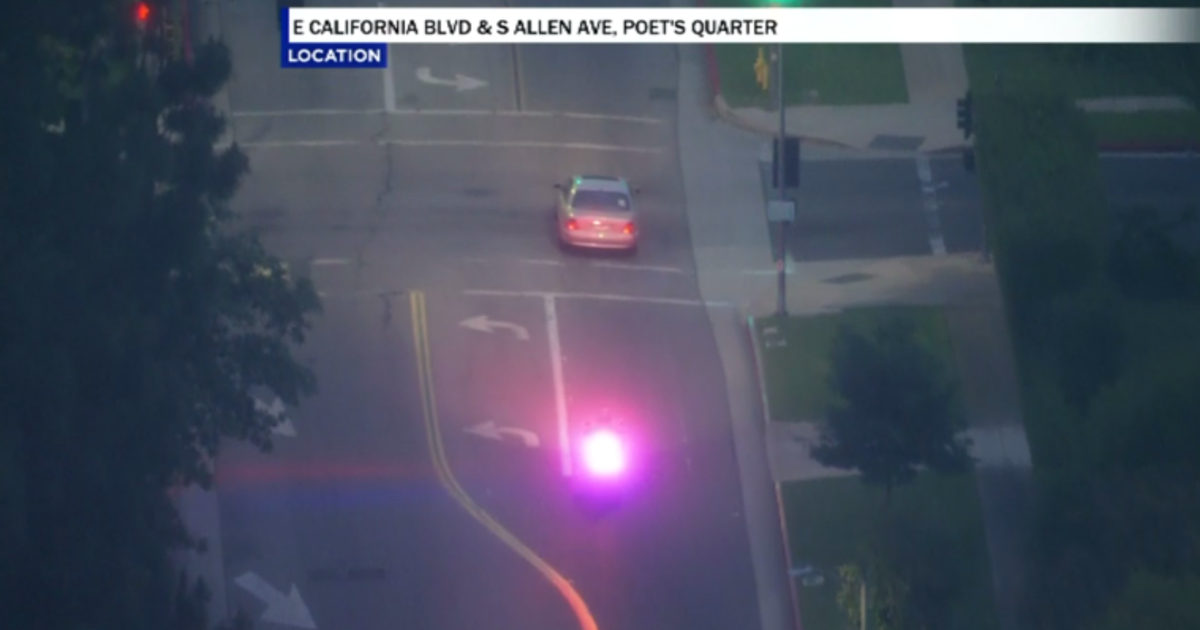Counterfeit Halloween Contact Lenses May Cause Blindness, FDA Warns
LOS ANGELES (CBSLA.com) — With Halloween less than a week away, federal officials are warning the public about dangers associated with wearing counterfeit decorative contact lenses.
Agents with the Food and Drug Administration (FDA), U.S. Immigration and Customs Enforcement's (ICE) Homeland Security Investigations (HSI) and U.S. Customs and Border Protection (CBP) are taking part in "Operation Double Vision" to seize counterfeit contact lenses, illegally imported decorative lenses, and lenses unapproved by the FDA, according to officials.
Consumers were being warned not to buy contact lenses from such places as Halloween or novelty shops, salons, beauty supply stores, or online vendors if the site does not require buyers to provide a prescription, officials said.
Although many places illegally sell decorative contact lenses to consumers without valid prescriptions for as little as $20, these vendors are not authorized distributors of contact lenses, which by law require a prescription.
Consumers who buy lenses that were manufactured and sold illegally can experience infections, corneal ulcers and even blindness, according to Dr. Glenda Brown, president of the Georgia Optometric Assn.
"Contact lenses are a medical device and it is smart to purchase them from a medical professional who will fit them to your eye and provide you with instruction on the use and care of the lenses," Brown said. "A lifetime of good vision is so much more important than a cheap Halloween accessory."
Contact lenses are the most common cause of medical-device associated injuries among children over the age of 11 and teens, with medical records showing nearly 34,000 reported cases of contact lens injuries between 2004 and 2005, according a 2010 study published in Pediatrics.
Dr. Kerry Assil, an opthalmologist, told KCAL9's Melanie Woodrow that the lenses can be dangerous.
In addition to pain and discomfort, he believes wearing them can also lead to a serious infection.
Dr. Assil says that a lens that doesn't properly fit over the eye could potentially prevent oxygen from getting to your corneas and that is where the infection would come in.
"Once infection gets in the cornea, it can eat right through the cornea literally over night," said Dr. Assil, "and you could go blind requiring a corneal transplant."



